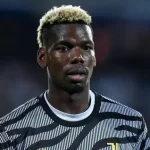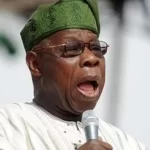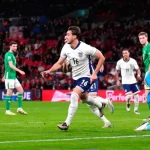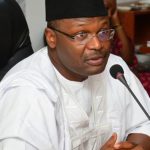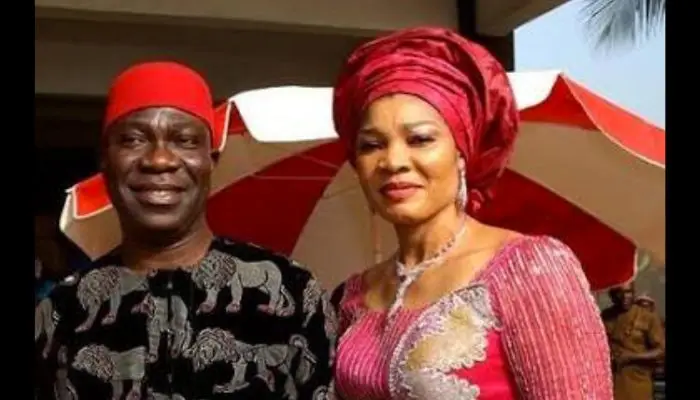A DISTRESS that has shadowed Nigeria – United Kingdom relations in the last year is the trial of the immediate past Deputy President of the Nigerian Senate, Senator Ike Ekweremadu and his wife, Beatrice, over allegations of organ trafficking.
The couple, along with a Nigerian-born doctor, Obinna Obeta, were found guilty of arranging the travel of a Nigerian youth to the UK for the purpose of kidney transplant for Ekweremadu’s daughter, Sonia, who had been diagnosed with kidney failure.
In convicting the trio, an Old Baily jury determined that they were involved in a “conspiracy to facilitate and arrange travel with the aim of exploitation” contrary to the provisions of UK laws. But how the Ekweremadus fell culpable despite prior information to the British High Commission in Nigeria of their intentions remarkably was not taken into consideration by the UK Court.
It is, however, noteworthy that the Nigerian government remained aloof from the case and to some extent through the Economic and Financial Crimes Commission, EFCC, compounded the case of the Ekweremadus in the course of the trial.
The circumstances of the Ekweremadus were undoubtedly spurned by the gesture of parents towards their sick child. The conviction has drawn the intervention of former President Olusegun Obasanjo, who has written a letter of appeal to the trial judge through the Chief Clerk, to temper justice with mercy.
Obasanjo, in his appeal, asked the court “to temper justice with mercy and let punishment that may have to come take their good character and parental instinct and care into consideration.” The action of the former president was one that should have been done by the incumbent administration, which, however, shied away from doing so.
When the table was the other way in 1985 and two British engineers were incarcerated in Nigeria for their role in the removal of a UK-registered plane from this country, the then British Foreign Secretary, the late Sir Geoffrey Howe, visited Nigeria to plead the case of the two Britons, who were eventually released. That is the duty of the state to even ordinary citizens.
The Ekweremadus were not so favoured and the case only reflects the extent to which Nigeria has abandoned many of her citizens in real trouble abroad.
While we are not pleading for government to entrench itself in every criminal case involving Nigerians abroad, we believe that the Ekweremadu case indeed deserves empathy, when all circumstances surrounding it are taken into consideration.
We, therefore, call on the Nigerian Government at the HIGHEST level to put its weight behind the appeal of President Obasanjo in a humanitarian gesture ahead of the sentencing on May 5. The UK did it for its airspace engineers 38 years ago here in Lagos. Certainly, the same gesture could also apply for Ekweremadu, a former deputy president of the Senate.
We also appeal to the UK authorities to take into consideration Nigeria’s kind gestures and long standing relations in sentencing the Ekweremadus, well aware that reciprocity is an accepted principle in international diplomacy.


